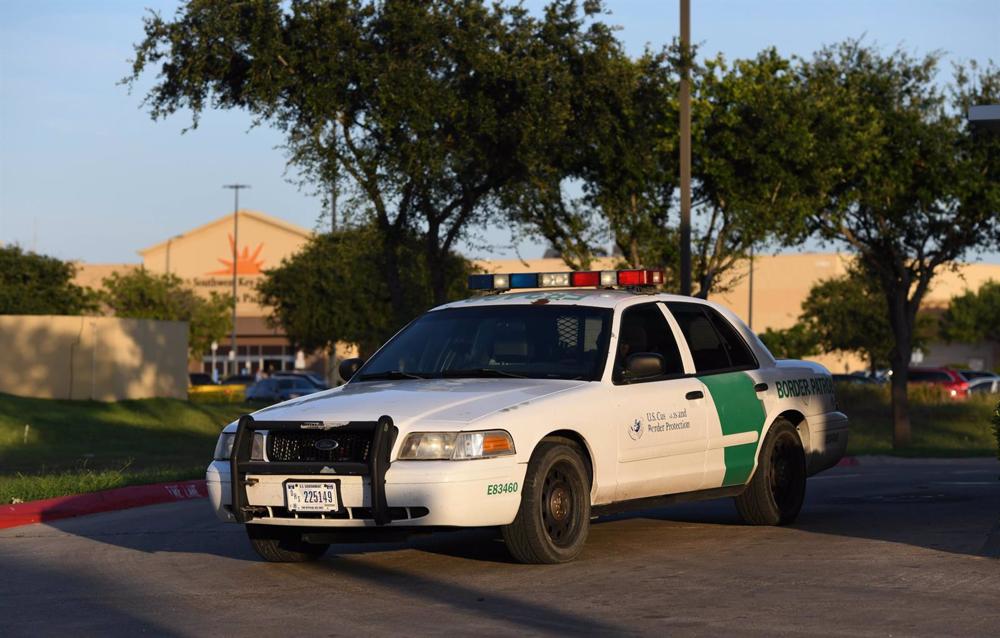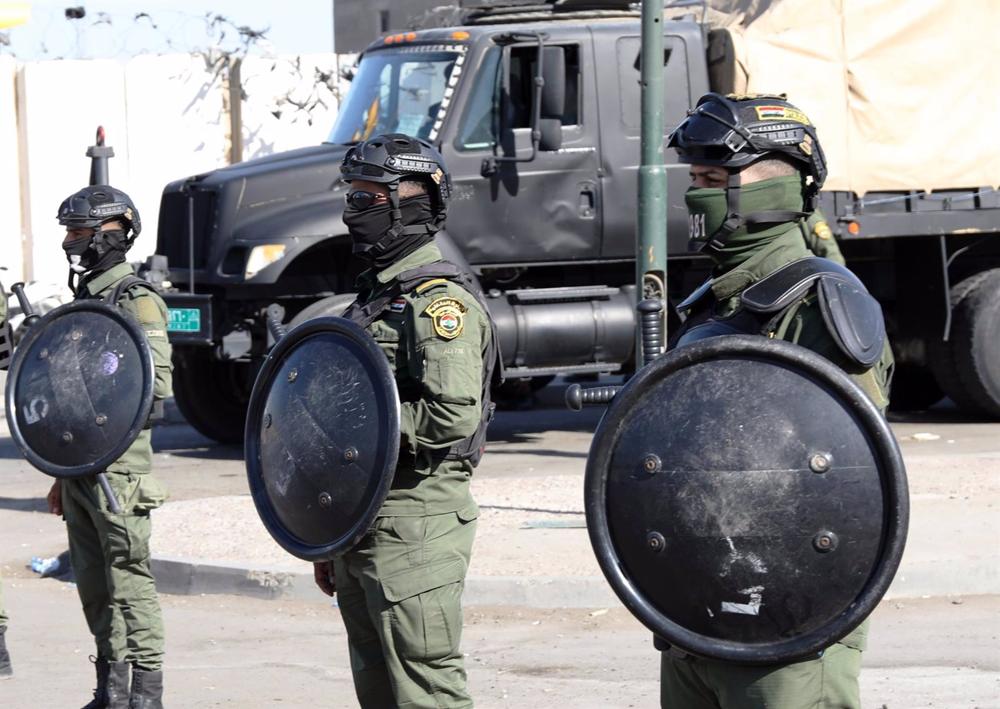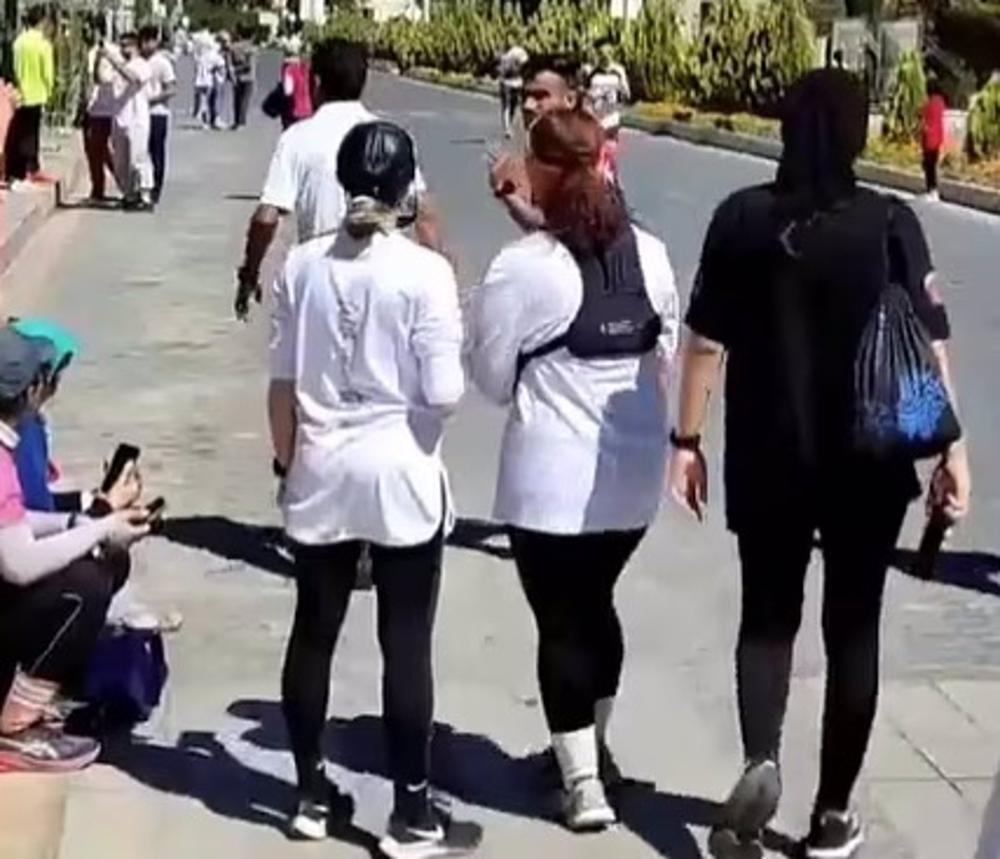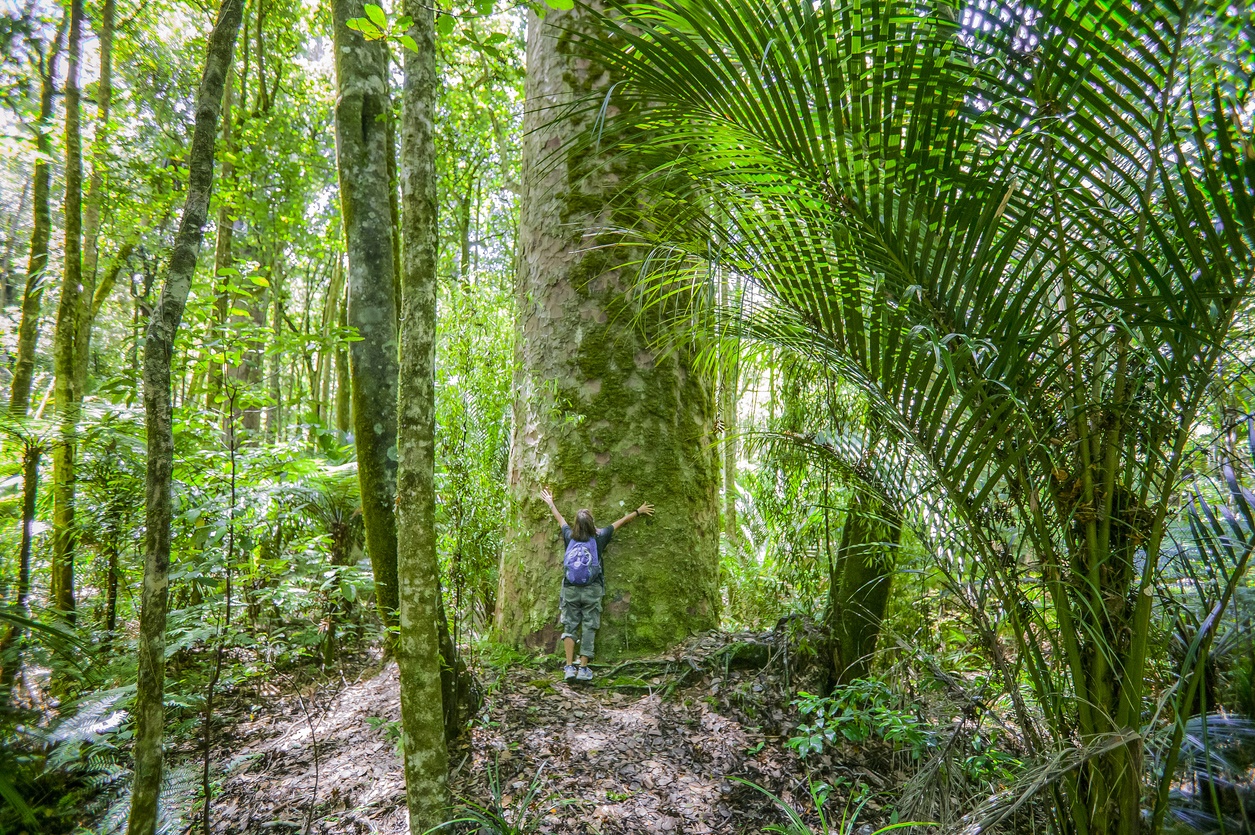
The Special Criminal Court (SPC) of the Central African Republic sentenced on Monday three members of the Return, Reclamation and Rehabilitation militias, or 3R movement, to sentences ranging from 20 years to life imprisonment for «crimes against humanity».
The three convicted — Issa Sallet Adoum, Ousman Yaouba and Tahir Mahamat — were accused of perpetrating a massacre in mid-May 2019 in the northwest of the country in which 46 civilians were killed. In addition, they have been found guilty of engaging in «murder, inhumane acts and humiliating and degrading treatment.»
Sallet Adoum has been sentenced to life imprisonment, while the other two convicted, Yaouba and Mahamat, have been given a 20-year prison sentence, Radio France Internationale reports.
This is the first verdict of the TPE, a hybrid court of local and international magistrates, dealing with crimes that occurred during the second civil war that broke out in 2012, when Séléka Muslim militias rose up against then-President François Bozizé only to end up engaged in an all-out conflict against the so-called anti-balaka, predominantly Christian, self-defense militias.
This United Nations-backed body began its work four years ago to judge the extremely violent period of fighting that erupted nearly a decade ago and is still raging in the country despite the peace agreement signed in early 2019.
The 3R movement emerged in 2015 with the initial purpose of defending pastoralists of the Muslim Peul ethnic group in the midst of clashes between Seleka and anti-balaka. However, the following year, organizations such as Human Rights Watch, specialized in monitoring the international human rights situation, began to denounce a real spectrum of atrocities committed by the militias in their areas of operation.
The group, for its part, has assured that the three accused for the killings of Koundjili and Lemouna «were not acting on orders from the commanders» and assured that the movement adheres to the letter of the conditions of the Political Agreement for Peace and Reconciliation signed by the group in February 2019. The movement has also never declared any links with the Séléka militias.
The CAR special court is also competent to judge crimes committed during the first civil war in CAR that broke out in 2004 after Bozizé’s rise to power between the government and the rebels of the Union of Democratic Forces for Regroupment (UFDR), one of the direct precedents of the second armed conflict led by the Séléka and Anti-balaka.






